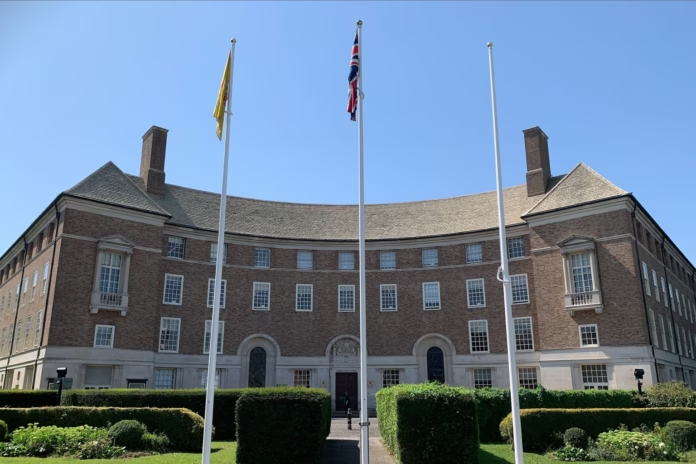
The Chartered Institute of Public Finance and Accountancy (CIPFA) has urged councils to ensure that they have the right procedures in place to protect against sophisticated financial crime.
Last month, the National Crime Agency revealed in its annual report that money laundering is now one of the biggest risks to the UK.
The National Economic Crime Centre is now using new powers in the Criminal Finances Act to target illicit finances associated with international corrupt elites as well as UK-based serious and organised criminals. This could leave officers open to conviction if they fail to report a crime.
Marc McAuley, counter fraud services lead at CIPFA, said: “Councils should put in place appropriate and proportionate anti-money laundering safeguards.”
Anyone who has enabled a transaction linked to money laundering could be liable – especially if the person behind the crime has been designate as a ‘politically exposed person’.
This is someone who has stolen public sector funds in another country.
The other new rules that impact on councils are the Money Laundering, Terrorist Financing and Transfer of Funds (Information on the Payer) Regulations 2017 (MLR 2017), came into force on 26 June 2017. They implement the EU’s 4th Directive on Money Laundering.
Councils have been updating their procedures to ensure they are protected and are highlighting the risk to officers of unwittingly enabling cash to be legitimised.
In 2013 it was estimated that £2.1bn of financial crime was perpetrated against local government, according to the National Fraud Authority Annual Fraud Indicator 2013.
Critical issues can be signing rent contracts on housing properties where the landlord is running a front company to launder drug money.
Basildon Council updated its rules in June and revealed why it was a priority.
A report to councillors said: “Local authority procurement is at risk of infiltration from serious and organised crime and organised crime groups could be benefitting from public sector contracts.
“Organised crime groups may seek to benefit from public services in different ways, including to raise money through fraudulent activity and to use businesses / services used by LAs to launder criminal proceeds. In this way public money can be lost to LAs and can ultimately fund other illegal activity.”
The report added that officers needed to be able to identify, report and takes precautions to guard against money laundering.
The report said: “We are required to abide by anti-money laundering (AML) legislation that applies to some of our activities and we have a duty to safeguard public money. The council may be particularly attractive to criminals seeking to ‘clean-up’ money as financial institutions are now more heavily regulated.”

Waverley Borough Council has also updated procedures and in its guidance to staff warned: “Potentially any member of staff could be caught by the money laundering provisions if they suspect money laundering and either become involved with it in some way and/or do nothing about it.”
Avoiding this involves due diligence and reporting policies are in place to report suspected criminal activity.
A Basildon Council spokesman told Room 151: “It is recognised that the council is not completely immune from the risks surrounding money laundering.
“The purpose of the Anti Money Laundering Policy is to clearly demonstrate that the council embraces the underlying principles of money laundering legislation and is taking reasonable steps to minimise the likelihood of such activities occurring.”
CIPFA urged councils to be proactive and not presume money laundering isn’t an issue for local government.
McAuley said: “The key difference in the new regulations is that a more risk-based approach towards anti-money laundering must be taken, in particular how due diligence is conducted.
“Whilst local authorities are not directly covered by the requirements of the regulations, CIPFA would advise that councils should comply with the underlying spirit of the legislation.”
The National Economic Crime Centre said it would share information with councils about incidents that it was aware of.
A spokesperson for the National Economic Crime Centre told Room 151: “High end money laundering, in particular enablers and bulk cash movements are immediate priorities.
“This is because we judge that these threats have the greatest impact on the UK.”












